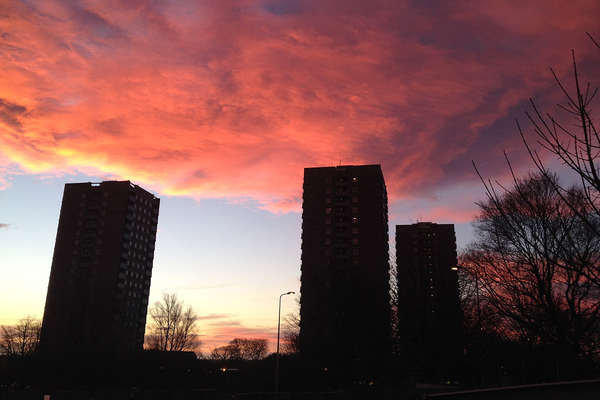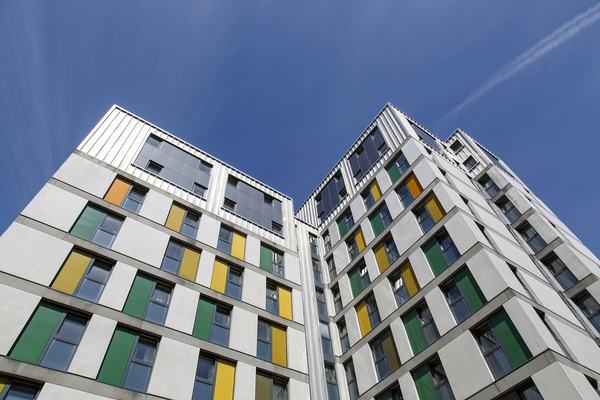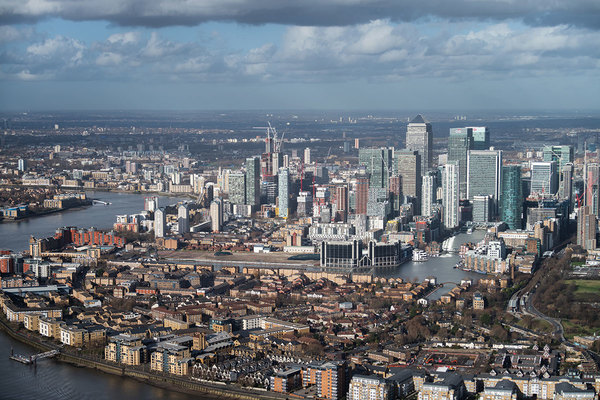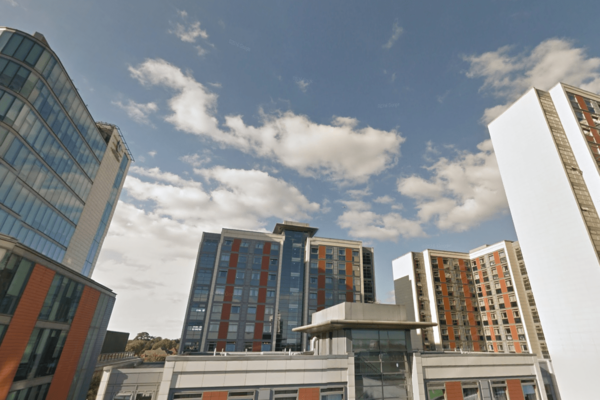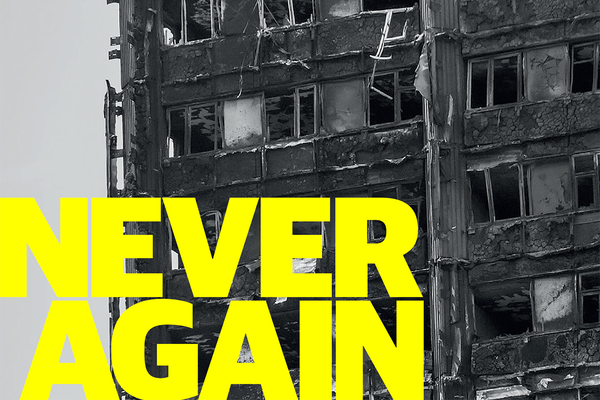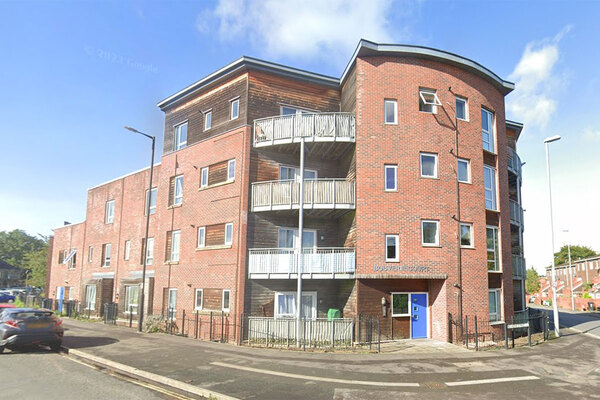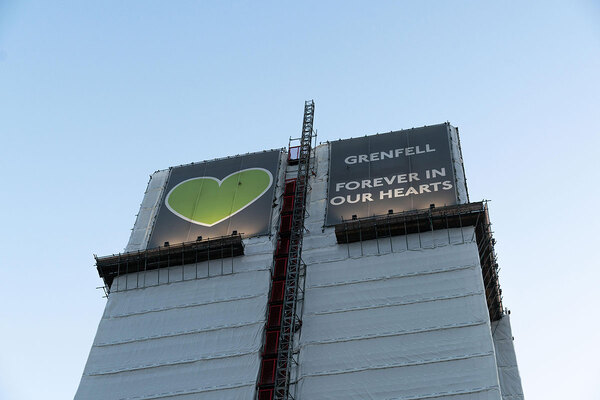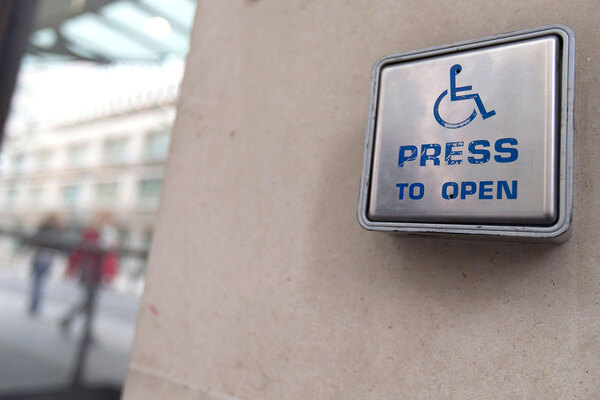You are viewing 1 of your 1 free articles
Residents could still pay re-cladding bills despite new government rules
Residents of private tower blocks with Grenfell-style cladding could still be hit with bills for its removal with the work taking “months if not years”, despite new powers for councils to strip the dangerous materials.
A number of senior local government representatives expressed concern to Inside Housing this week over new rules enabling councils to remove cladding and bill freeholders for the work.
They warned leaseholders could still end up being hit with hefty remediation bills, the process would be fraught with delay and may even slow the current trend of developers picking up the removal bill.
There are 199 known private residential blocks with Grenfell-style cladding and only three have had the materials removed to date, 18 months on from the devastating fire in west London.
Last week, the government published an addendum to the Housing Health and Safety Rating System (HHSRS) to ensure that cladding was covered by the guidance.
This mechanism, in place since 2004, has previously been used to force building owners to take action over smaller hazards such as damp or electrics.
But the addendum, due to come into force in January, will extend it to cladding, with the government promising to financially support local authorities with the enforcement action and remediation work.
However, sources from local authority bodies have told Inside Housing that even if councils carry out work and recoup costs from building owners, there is no guarantee that the freeholders will not push these costs back onto leaseholders.
One council source told Inside Housing: “We are in a vicious loop. If we do get the freeholders to pay, then they would probably get the leaseholders to pay.”
They added that in most HHRS cases where enforcement action is taken, councils very rarely recover full costs and any recovery the council made for cladding costs would likely be well below the full cost of remediation work.
Susan Bright, professor of land law at the University of Oxford, said the new advice raised questions around buildings where leaseholders owned the freehold.
She said: “Once you talk about resident-owned blocks and say the freeholders have to pay, well, in that case the leaseholders are the freeholders.”
The process will see the councils have to pass through a number of steps before they reach the “works in default stage” where they are able to start work.
A senior council source said the process “was built with delays” and it could take months if not years before work could start, with landlords afforded the opportunity to respond to council’s improvement notices.
Darren Rodwell executive member for housing & planning for London Councils welcomed the new guidance, calling it "important progress". However, he did urge the government to go further.
He said: "Supporting proposals such as a Rogue Landlord Order would put boroughs on a firmer footing when taking enforcement action and recouping costs.”
Targeting freeholders, which can be held by companies registered overseas, may also let developers off the hook.
While developers including Mace, Barratt, Bellway and Taylor Wimpey have agreed to pay for cladding removal, insurance giant Legal & General is currently the only freeholder to have done so.
Martin Boyd from Leasehold Knowledge Partnership said: “We know that a number of developers wouldn’t make any commitment until they knew what they would have to do. More developers will agree to pay but we will also get a lot of them saying, ‘It is not us now, it is the freeholders that have to pay’.”
A ministry of housing communities and local government spokeswoman said: "“Everyone has a right to feel safe in their homes and I have repeatedly made clear that building owners and developers must replace dangerous ACM cladding.
“A number of developers and building owners have already done the right thing and protected leaseholders from additional costs, and I expect others to follow their lead."
Never Again campaign
In the days following the Grenfell Tower fire on 14 June 2017, Inside Housing launched the Never Again campaign to call for immediate action to implement the learning from the Lakanal House fire, and a commitment to act – without delay – on learning from the Grenfell Tower tragedy as it becomes available.
One year on, we have extended the campaign asks in the light of information that has emerged since.
Here are our updated asks:
GOVERNMENT
- Act on the recommendations from Dame Judith Hackitt’s review of building regulations to tower blocks of 18m and higher. Commit to producing a timetable for implementation by autumn 2018, setting out how recommendations that don’t require legislative change can be taken forward without delay
- Follow through on commitments to fully ban combustible materials on high-rise buildings
- Unequivocally ban desktop studies
- Review recommendations and advice given to ministers after the Lakanal House fire and implement necessary changes
- Publish details of all tower blocks with dangerous cladding, insulation and/or external panels and commit to a timeline for remedial works. Provide necessary guidance to landlords to ensure that removal work can begin on all affected private and social residential blocks by the end of 2018. Complete quarterly follow-up checks to ensure that remedial work is completed to the required standard. Checks should not cease until all work is completed.
- Stand by the prime minister’s commitment to fully fund the removal of dangerous cladding
- Fund the retrofitting of sprinkler systems in all tower blocks across the UK (except where there are specific structural reasons not to do so)
- Explore options for requiring remedial works on affected private sector residential tower blocks
LOCAL GOVERNMENT
- Take immediate action to identify privately owned residential tower blocks so that cladding and external panels can be checked
LANDLORDS
- Publish details of the combinations of insulations and cladding materials for all high rise blocks
- Commit to ensuring that removal work begins on all blocks with dangerous materials by the end of 2018 upon receipt of guidance from government
- Publish current fire risk assessments for all high rise blocks (the Information Commissioner has required councils to publish and recommended that housing associations should do the same). Work with peers to share learning from assessments and improve and clarify the risk assessment model.
- Commit to renewing assessments annually and after major repair or cladding work is carried out. Ensure assessments consider the external features of blocks. Always use an appropriate, qualified expert to conduct assessments.
- Review and update evacuation policies and ‘stay put’ advice in the light of risk assessments, and communicate clearly to residents
- Adopt Dame Judith Hackitt’s recommended approach for listening to and addressing tenants’ concerns, with immediate effect
CURRENT SIGNATORIES:
- Chartered Institute of Housing
- G15
- National Federation of ALMOs
- National Housing Federation
- Placeshapers
